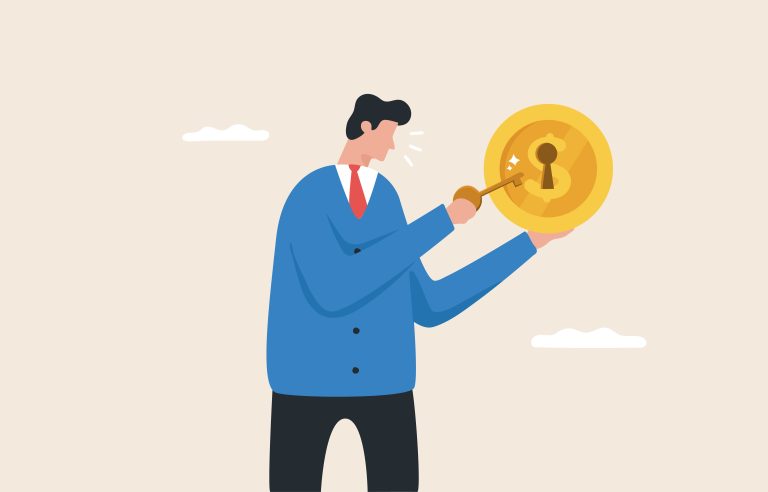
A personal loan singapore is a type of credit that can help you finance a major purchase, consolidate debt or get out of high-interest debt. But personal loans have their drawbacks and come with fees, so it’s important to do your research before applying.
Getting a personal loan is easy, but you’ll need good credit to qualify for the best rates. WalletHub offers free tools to pull your credit and find a lender.
Getting a personal loan
Getting a personal loan is an important step to help you build your credit and manage debt. It can also be a way to get cash for a big purchase or to consolidate existing debt.
To get the best deal, start by shopping around to compare rates from different lenders. This includes finding out about interest rates, repayment terms, fees and eligibility requirements.
Many personal loans come with a fixed interest rate and predictable monthly payments. This stability can help you plan your budget and stay on track with repayments.
Personal loans can be a good choice for people who need to pay off large amounts of debt or make a major purchase, especially if they have a stable income and plan to repay the loan over time. However, be aware that a personal loan can hurt your credit score if you miss payments or default on the loan.
Getting a good interest rate
If you’re in need of a personal loan, you should do your research to ensure that you get the best possible interest rate. You’ll need to know how much you want to borrow, your credit history, and whether or not you’re able to afford the payments.
Banks and financial institutions usually offer lower personal loan rates to applicants who have a good credit score. This is because lenders view borrowers with higher credit scores as less risky borrowers.
You’ll also need to consider your income and debt-to-income ratio. A high ratio means that you have a lot of debt, which can increase your interest rate and make it more difficult to get approved for a personal loan.
It’s also important to negotiate your loan repayment plan. If you’re struggling to make your monthly payments, try to reach out to your lender to explain your situation and negotiate a repayment plan that suits your financial circumstances.
Getting a loan with bad credit
Whether you need to pay medical bills, consolidate debt or make a major purchase, a personal loan can help you get the money you need. But it can be difficult to qualify for a traditional loan when you have bad credit.
Fortunately, there are lenders that offer loans specifically for people with bad credit. These types of loans have lower eligibility requirements and often come with better interest rates than those offered to people with good credit.
You can also negotiate a loan repayment plan with your lender if you’re struggling to keep up with payments. If you have been a reliable borrower in the past, your lender may be more willing to work with you to find a payment plan that works for both parties.
While a payday loan may seem like a good solution to your financial woes, they typically require high interest and have short-term repayment periods. They’re also costly and can quickly create a cycle of debt that’s hard to break.
Getting a loan with good credit
When you have good credit, you can generally get a loan at a lower interest rate. This is because lenders will take less of a risk by lending to you.
Your credit score is based on your financial history and is compiled by credit reporting agencies. It can range from 300 to 850, with higher scores being more attractive to lenders.
You can improve your credit score and increase your chances of getting a loan with good credit by making on-time payments toward other lines of credit and keeping your credit utilization (the amount of debt you have relative to your total credit limit) low.
You can also try to negotiate a loan repayment plan with the lender you choose. Negotiating your loan repayments will give you more flexibility and can help you avoid paying a high interest rate, which can be costly if you miss a payment or fall behind in your repayments.